GAINESVILLE - A young woman with a toddler son. A young Delta airlines pilot. A couple stationed with the U.S. Army in Germany. A young woman just two months into her college career. A high school sophomore. That was 50 years ago. Today, they are all living in Gainesville and have recounted, for us, what they were doing Nov. 22, 1963 - the day President John F. Kennedy was assassinated.
They, like millions of other people, can tell you exactly where they were and what they were doing when they heard the news that Kennedy had been shot as his motorcade moved through the streets of Dallas, Texas.
PAT KERLEY
Pat Kerley says she was living in a "little" apartment near Emory University in Atlanta.
"Like every day, my 18-month-old had been fed, changed and finally put down for his afternoon nap," she remembers. "I was looking forward to the break. I heated up a can of tomato soup, opened a Coke and put my pudgy feet up to watch 'As the World Turns.' Seven months pregnant, I was clumsy and tired almost all the time. I had just settled down when 'Bulletin' went up on the screen and, at the same moment, a neighbor started knocking on my door, saying 'Turn on your TV.' Not yet conditioned to expect something horrible, I wasn't especially alarmed."
As Kerley recalls it "After Walter Cronkite's first announcement, I believe they even returned to the show for short time. Later, that sort of interruption would strike fear in my heart, which it does to this day."
She said as the story began to unfold, she could feel her body reacting "and I remember pulling away emotionally, thinking how my racing heart and fear would affect my baby. From that moment on, I worked, not very successfully, at keeping calm but I could never turn off the television."
Two days later, she said, she was in her kitchen when Oswald was shot.
"I took the two steps into the living room and watched the chaos unfold. With a toddler racing around me and my hand on my tummy, I was overwhelmed with the realization that my babies would grow up in a different world and for the first time since it all began, I cried. I can see the room, remember where I was standing and how profound that realization was."
Kerley said that one other memory seems especially odd to her now: "there was so much talk about the 'young' president and the 'young' widow and I remember wondering 'why?' At 24, I saw myself as an adult leading an adult life and in my mind the Kennedys never seemed especially youthful. That perception has certainly changed."
REUBEN BLACK
"On November 22, 1963 I was a young 27-year-old pilot with Delta and on reserve (standby in case a scheduled pilot could not work a flight) at our little house at 1332 Lynn Drive in Smyrna, Georgia," Reuben Black, now retired from Delta, said. "It's interesting when I can remember what I was doing on a significant date, even 50 years ago."
He says he remembers going into the house that day from doing yard work and finding "my adorable wife ironing clothes and crying. I remember...her looking up from her work and telling me that President Kennedy had just been shot. We both sat down and watched CBS news."
Black recalled "having a numb, confusing feeling about the tragedy. I remember seeing Walter Cronkite, with tears in his eyes, inform us that President Kennedy was dead." And, he says he began to think about what he had studied in high school and college about President Lincoln's assassination and realizing the significance of that date.
"I guess my prevalent feelings, other than sadness about the death of my president, were what most people dealt with - the future."
DEBORAH MACK
Deborah Mack was a student.
Mack, a former Hall County commissioner and a former Georgia Department of Labor employee, says she was 18-years-old and had just enrolled at Spelman College in Atlanta about two months earlier.
"We were in between classes when we heard the news," she said. "There was quiteness around the campus, and I felt sort of numb after hearing the news. We began to watch TV to be sure this was correct. (We) just couldn't leave the TV. It seems that everything just came to an abrupt halt at hearing this."
Mack added that classes were dismissed and some of us that lived nearby began to pack and go home for a few days. At home the same thing was going on, everyone (was glued to the TV and wondering how something like could happen, and who could do this."
DIXIE AND BOB MCMAHAN
Dixie McMahan of Gainesville and her husband Bob, who was in the Army, were living in Germany where Bob was stationed.
"My daughter Cheryl, who was 5-years-old at the time, and I were at a movie on the base," Dixie McMahan, who was 27 at the time, recalled. "The announcement came over the intercom and everyone got up. There was dead silence. Everyone went outside. Most were crying."
She said it was a tense few days because dependents had to attend regular meetings to prepare for evacuation to the States in case of a crisis.
"We had to keep a certain amount of gas in our cars, a certain amount of non-perishable food and a packed bag at all times. Our TV channels were all in German but we listened to the radio. It was very scary."
She remembers that her husband, then 30, was on C.Q. (Charge of Headquarters) the night of the assassination.
"After the news went out, everyone on passes or out in the field came in and Bobby told them to go to their quarters and await orders (but) it turned out they were never put on alert to do anything."
The McMahans are the owners-operators of Rucksack Military Surplus in Gainesville.
ALICE McGHEE
Alice McGhee, now retired after 31 years with the state Department of Corrections, was 16 and attending the old South Hall High School at the time.
"I was on the varsity basketball team. The team was loaded in the bus ready to go and play Buford High School when our coach got in the bus he told us that President Kennedy was shot and died," she recalled recently. "The mood shifted from excitement of the game to sadness and tears. I remember saying, 'Oh no, not our President. What will the U.S do without him?'. I cried along with the team. I felt devastated, scared, sad."
McGhee says she remembers asking her coach "who's going to take his place?"
She says he told them "Our new President is Lyndon Johnson. He was sworn in before I announced the news to y'all."
McGhee says everyone was asking all kinds if questions, trying to make sense of this tragic incident.
"I felt a lot of anger, trying to figure out why did Oswald kill him. I wanted to go home where I could be comforted by my family and I knew my family would assure me everything would be okay or maybe this really never happened. Nothing had ever happened in my life of that magnitude that affected everyone in a devastating way. "
But McGhee says they went on to Buford, arriving to an almost empty gym. The mood was somber, people in tears, a basically quite night at a gym where people are usually happy, yelling and enjoying (watching) their team perform. We lost, which didn't surprise me."
She says when she finally got home that night "this was all my family was talking about. The next day my family and me stayed glued to the TV and had every radio on to gather every bit of information we could."
McGhee says she was watching when Oswald was shot and killed.
"I remember being happy that he would never harm anyone else. I remained sad and angry for him killing President Kennedy. I learned early in life you need to talk about your feelings so you can sort things out that makes sense to you."
It was a defining moment for a generation or two - 22 years after another, Dec. 7, 1941.
For most of four straight days, time seemed to stand still across the U.S. Sporting events were canceled, movie theaters went dark, the streets were virtually empty because people were inside, glued to the television or radio. Those media, many of them, pre-empted regular programming and went non-stop with coverage of the assassination, the return of Kennedy's body to Washington, the murder of his alleged killer, and the president's funeral.
(EDITOR'S NOTE: This is the first in a series of special reports on the 50th anniversary of the assassination that will appear on AccessNorthGa.com over the next several days.)
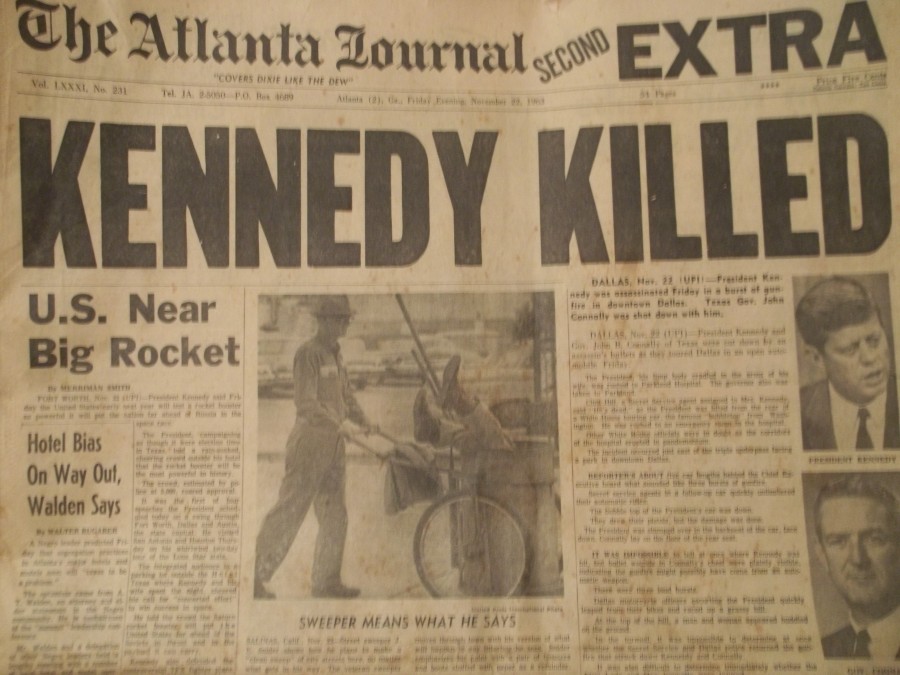
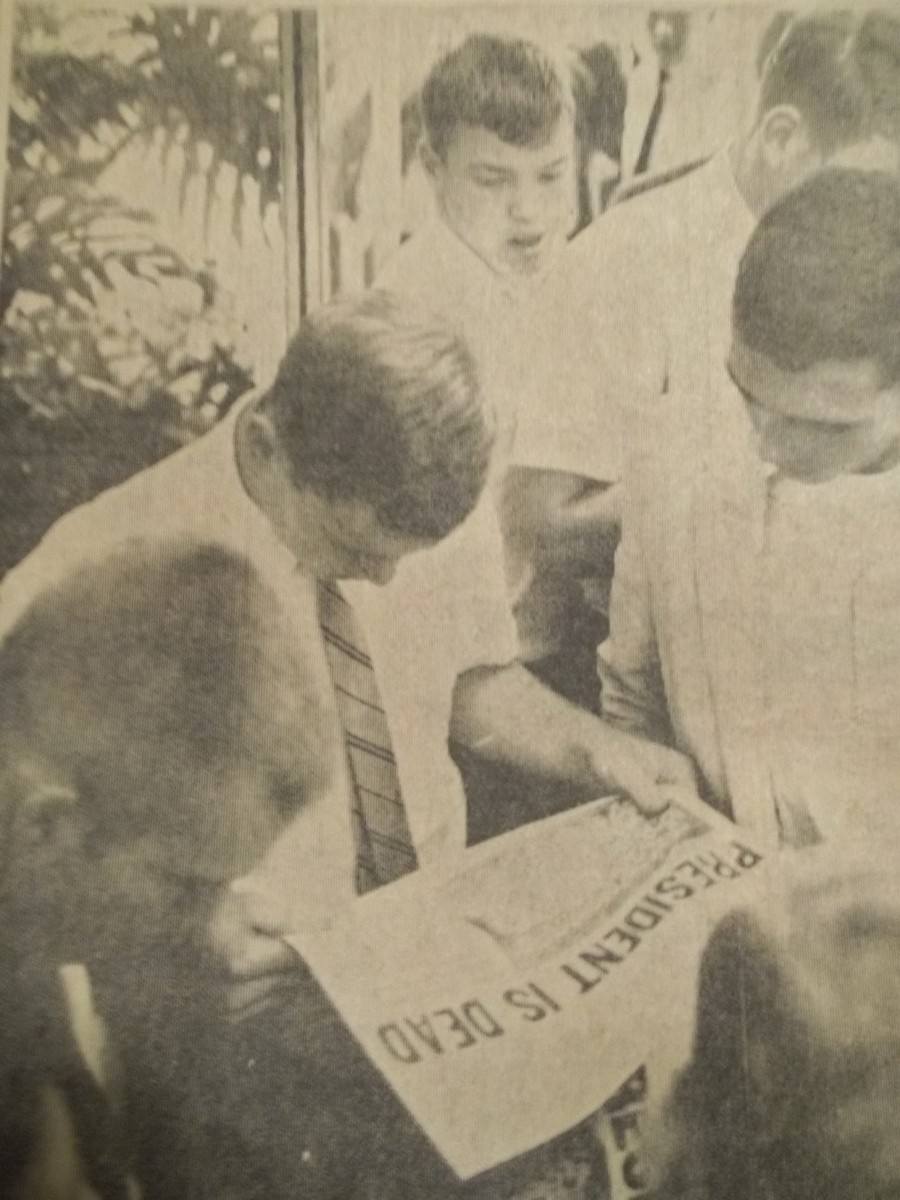
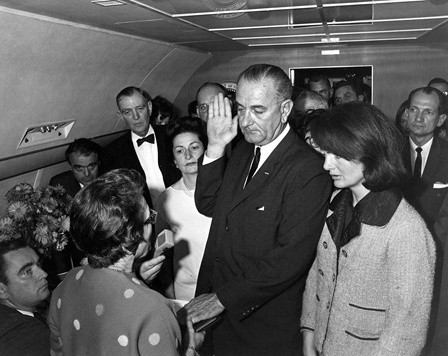
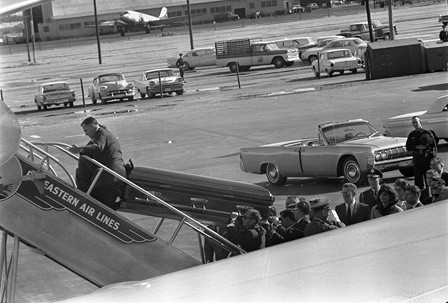
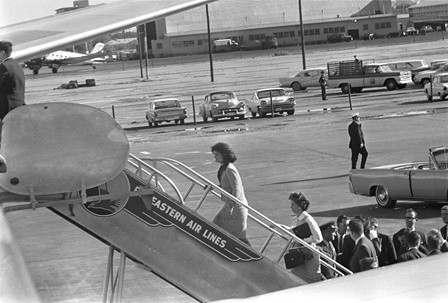
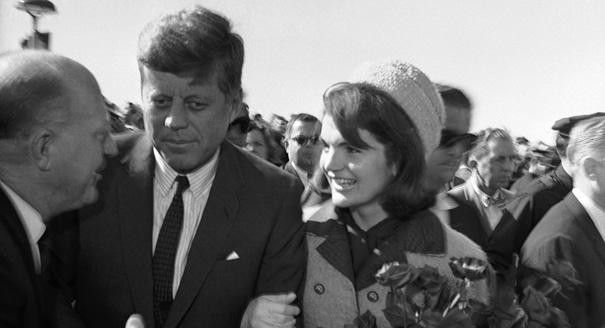
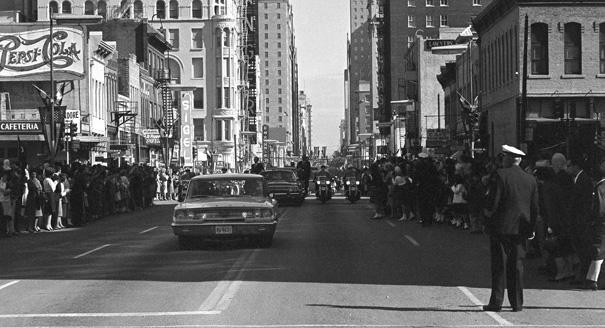
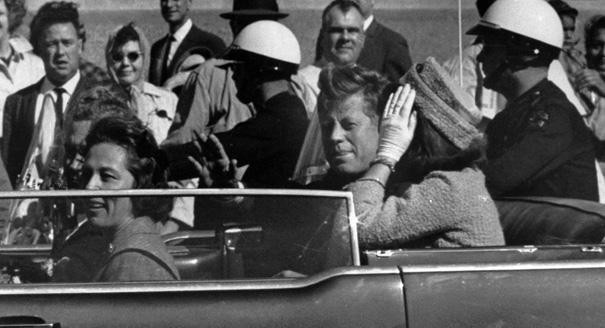
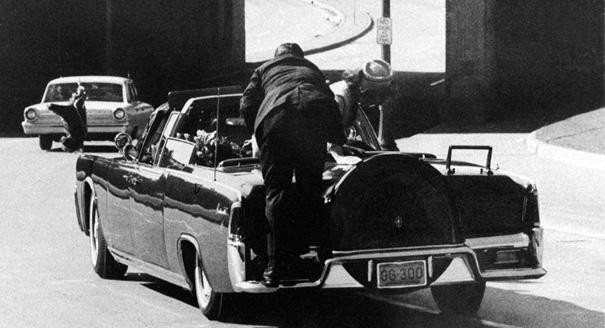
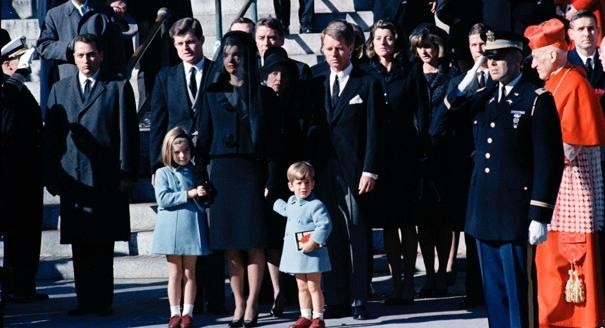
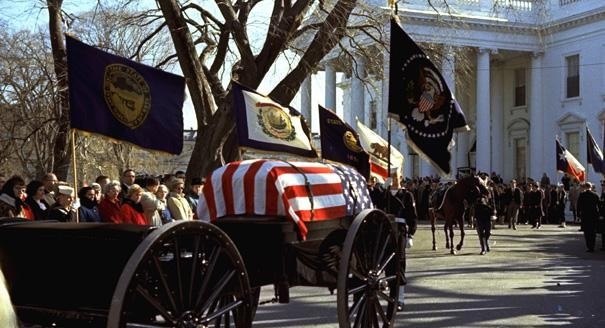
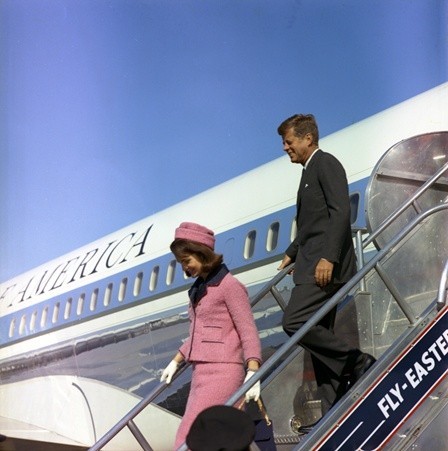
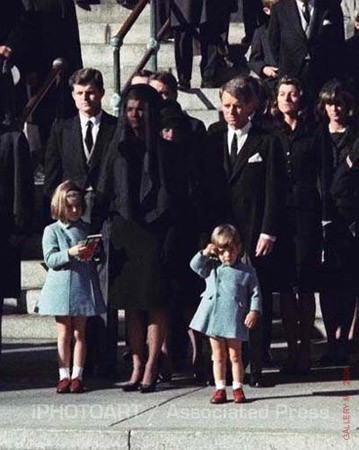
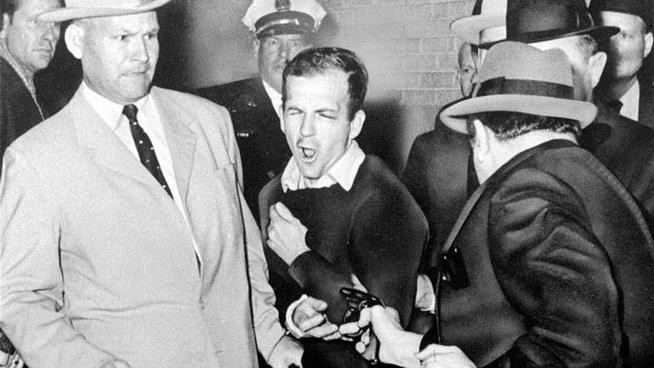
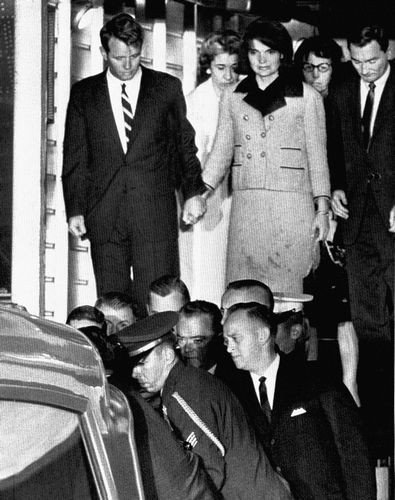
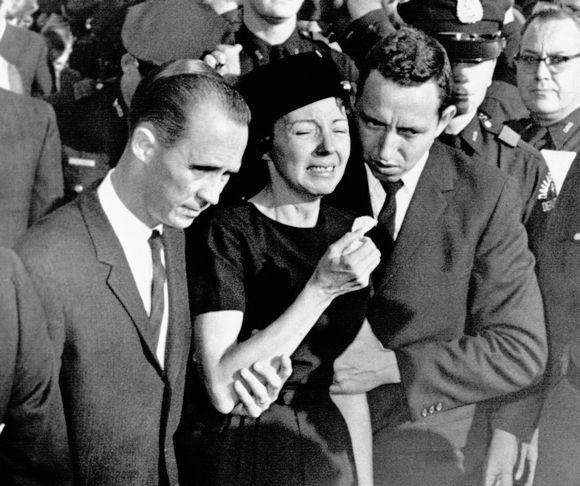
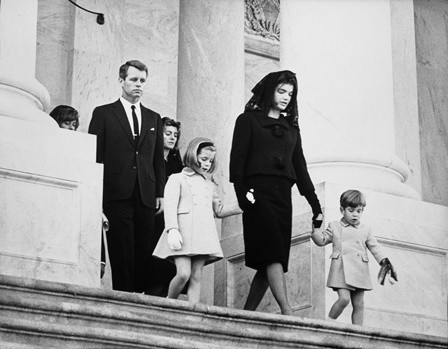
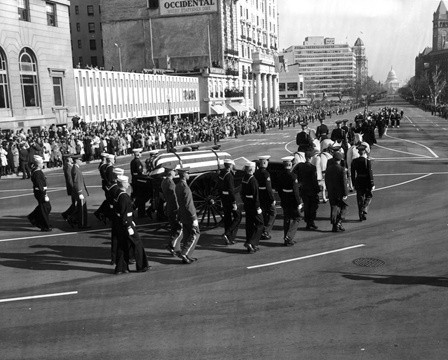
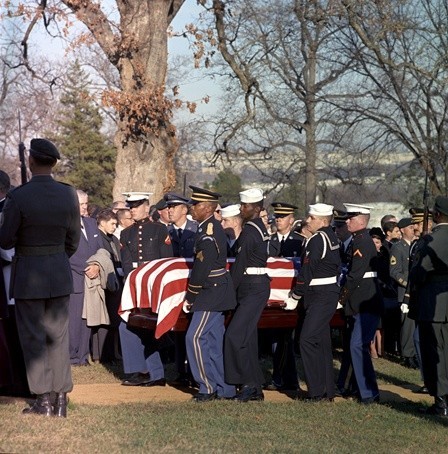
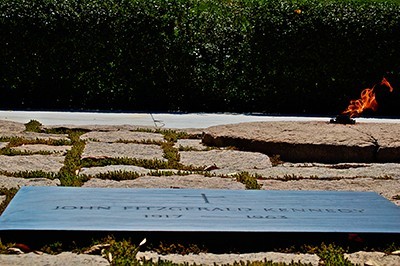
http://accesswdun.com/article/2013/11/267661
